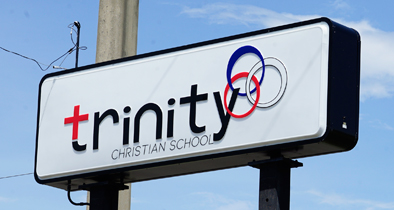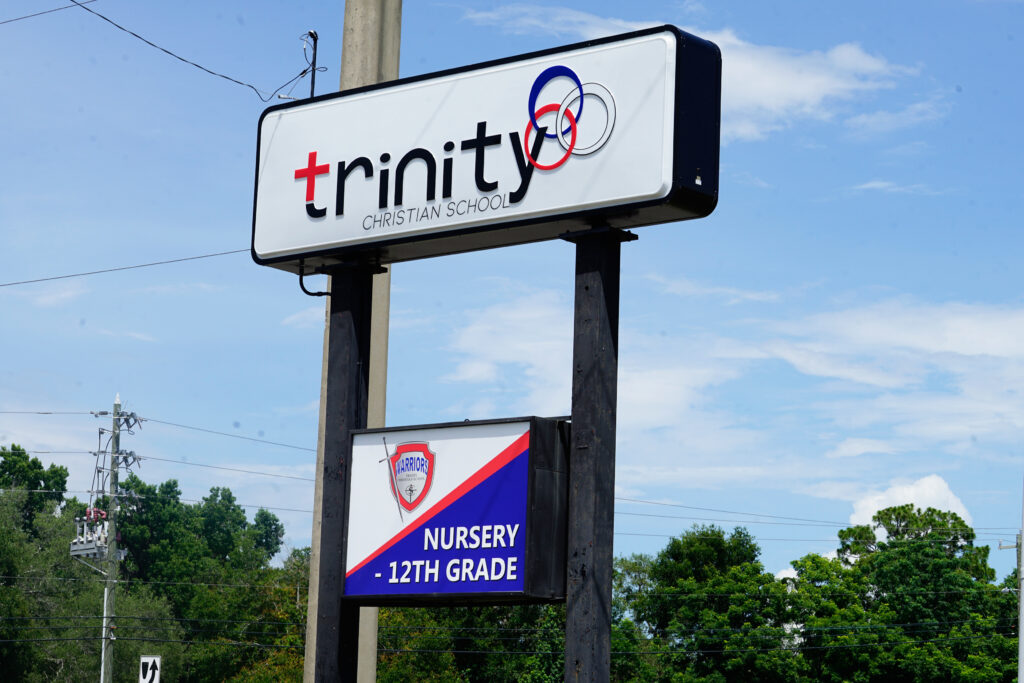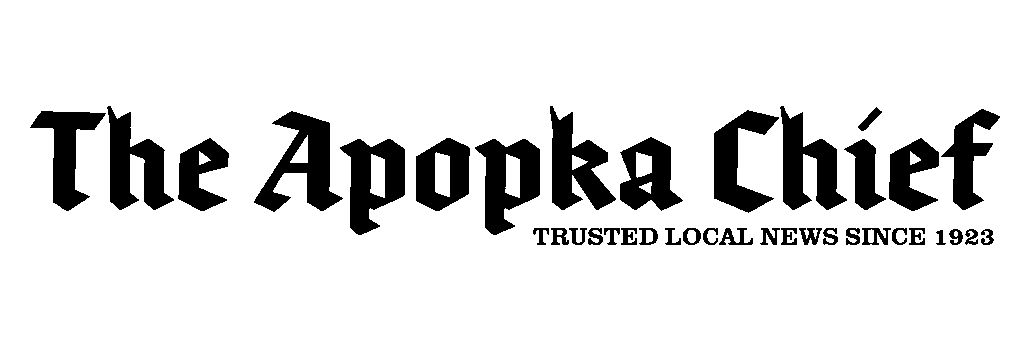
Key Points

Two major bills that expand access to athletic opportunities for non-traditional Florida students will take effect on July 1.
Florida Gov. Ron DeSantis signed House Bill 443 (HB 443) and Senate Bill 248 (SB 248) in May. Together, the bills are poised to change the landscape of interscholastic athletics by expanding access to public school teams for private school, full-time virtual and home-schooled students.
House Bill 443
HB 443 mainly concerns recognizing charter schools as public facilities for zoning and infrastructure purposes and promoting their growth and self-governance. However, it also allows full-time virtual students to participate in sports at public or private schools in their district.
Starting this fall, full-time virtual students at charter schools will be allowed to participate in athletics at their zoned public school with the same eligibility framework as traditional public school students. They will no longer be blocked by inconsistent district policies or ambiguous FHSAA interpretation.
Florida Statute 1006.15 already stated that home-educated, private school, and some virtual students could qualify to play sports at their zoned public schools if certain conditions were met. However, non-traditional student athletes faced inconsistent eligibility requirements, which the new legislation seeks to standardize.
Many school districts had unclear or restrictive rules about whether virtual students could join zoned school teams. Some full-time virtual students were required to get special permission or would be denied access. The Florida High School Athletic Association’s (FHSAA) eligibility guidelines were also not uniformly enforced, so there was no standard to follow.
During floor discussion on the bill last month, state Rep. Ashley Viola Gantt, D-Miami, questioned the level of access that would be granted to students.
“So a student at a charter school can basically choose whatever public school that they want to participate in a sport in the county?” Gantt asked.
State Rep. John Snyder, R-Stuart, answered in the affirmative.
“As long as it meets the specifications outlined in the bill,” he said.
Critics of the bill say problems could arise from charter schools’ ability to craft their own codes of conduct, which could be even stricter than public schools and potentially unfairly exclude certain students from sports. There’s concern this autonomy might be used to discipline or deny eligibility in ways that sidestep district standards.
“We don’t have any guardrails about what the student code of conduct could be,” Gantt said.
Critics also worry that it loosens oversight on virtual student-athletes. They believe these non-traditional students may be able to compete in athletics without verifying their academic progress or physical attendance, allowing “ghost athletes” to participate in sports.
Senate Bill 248
SB 248 expands athletic eligibility for private school student-athletes while clarifying and reinforcing access to public school athletics for home-schooled students.
Florida has allowed home-schoolers to participate in public school athletics since the Legislature passed the Craig Dickinson Act in 1996, paving the way for home educated athletes such as Tim Tebow. However, home-schooled students have faced some obstacles, including inconsistent enforcement across districts and confusion over eligibility verification.
SB 248 reaffirms the eligibility of homeschoolers and prevents districts from narrowly interpreting rules or denying the right to participate. It also places homeschoolers, private school students, and virtual school students in the same eligibility framework, making the law easier to follow and enforce.
SB 248 also significantly expanded opportunities for private school student-athletes in Florida by giving them access to public school sports teams. These rights were not fully available before, especially if students attended larger private schools.
Until now, only private school students from small schools with under 200 students or non-FHSAA member schools were eligible to pursue athletics at a public school.
For example, if a Bishop Moore Catholic High School student wanted to wrestle as a student-athlete, he couldn’t. This is because Bishop Moore does not offer wrestling and is an FHSAA member school with more than 200 students. That means the student would have been ineligible from pursuing an athletic career at his local public school, like Edgewater High School, which has a wrestling team.
SB 248 removed the barrier for private-school student-athletes by allowing them to join their zoned public school team if their own school doesn’t offer that sport—regardless of school size.
Concerns about SB 248 include the potential to contribute to competitive imbalance and strain resources at schools with already tight budgets.
During floor debate in early May, Robin Bartleman, D-Weston, was adamant about opposing the bill.
“I still don’t like your idea,” Bartleman said. “I think that this sets a bad precedent, and there is no parody.”
State Sen. Corey Simon, R-Tallahassee, who played eight seasons in the NFL, sponsored the legislation. It passed with overwhelming bipartisan support.
Suggested Articles
No related articles found.



